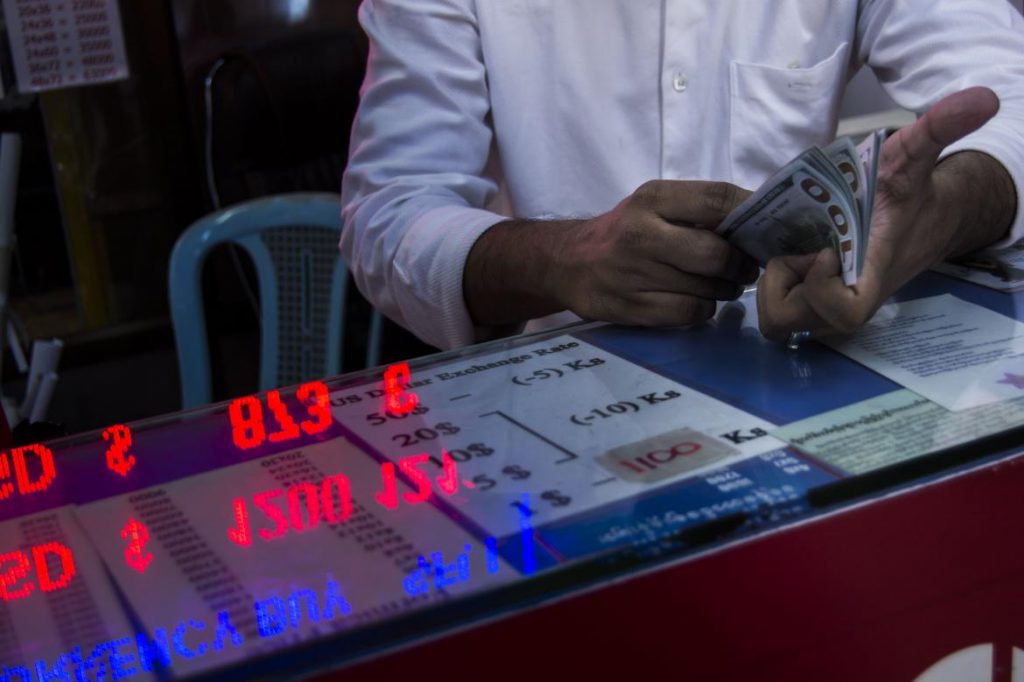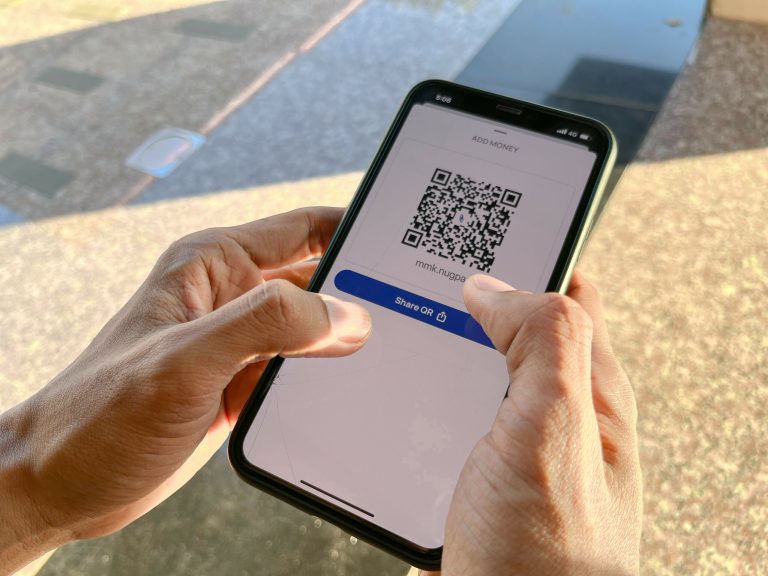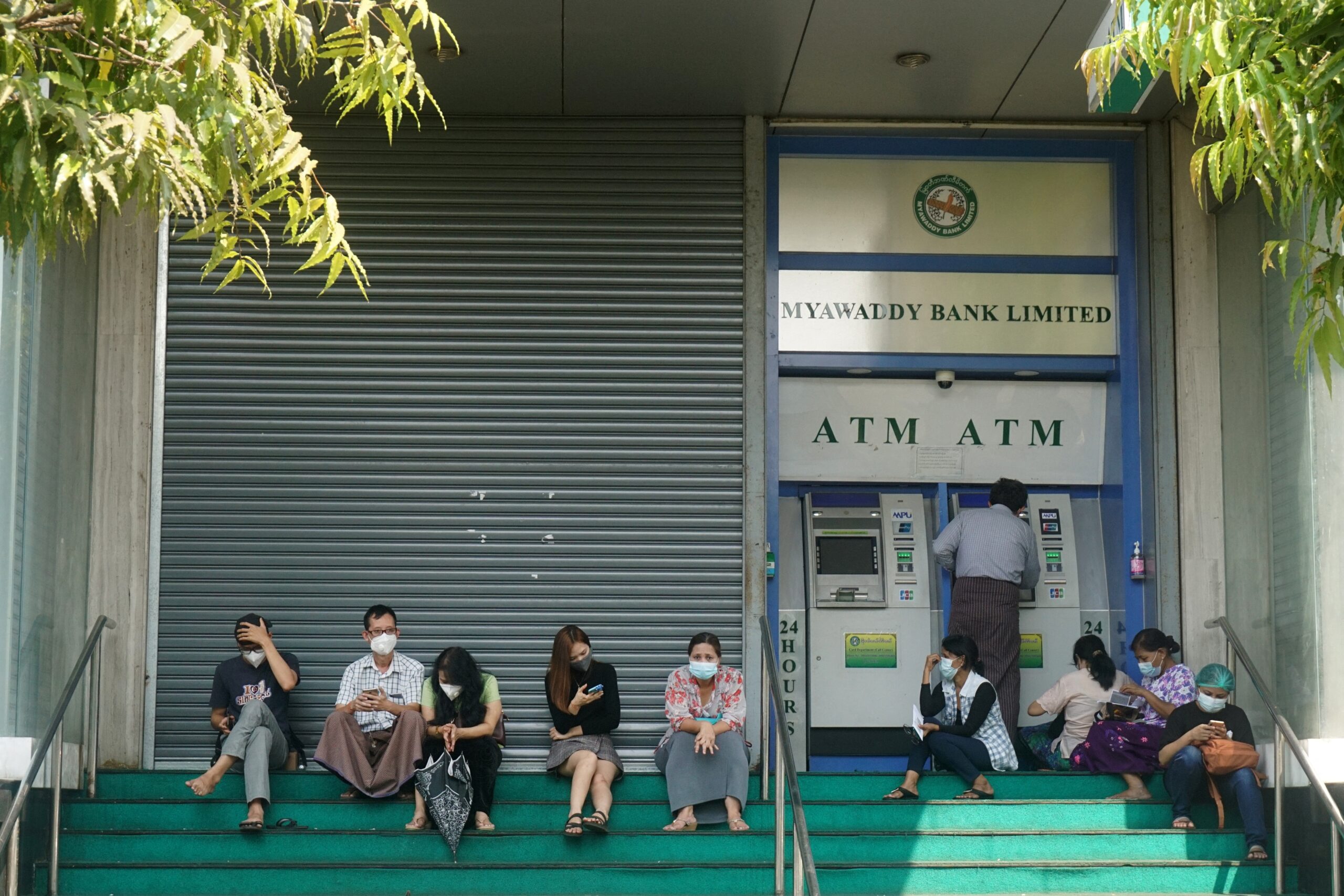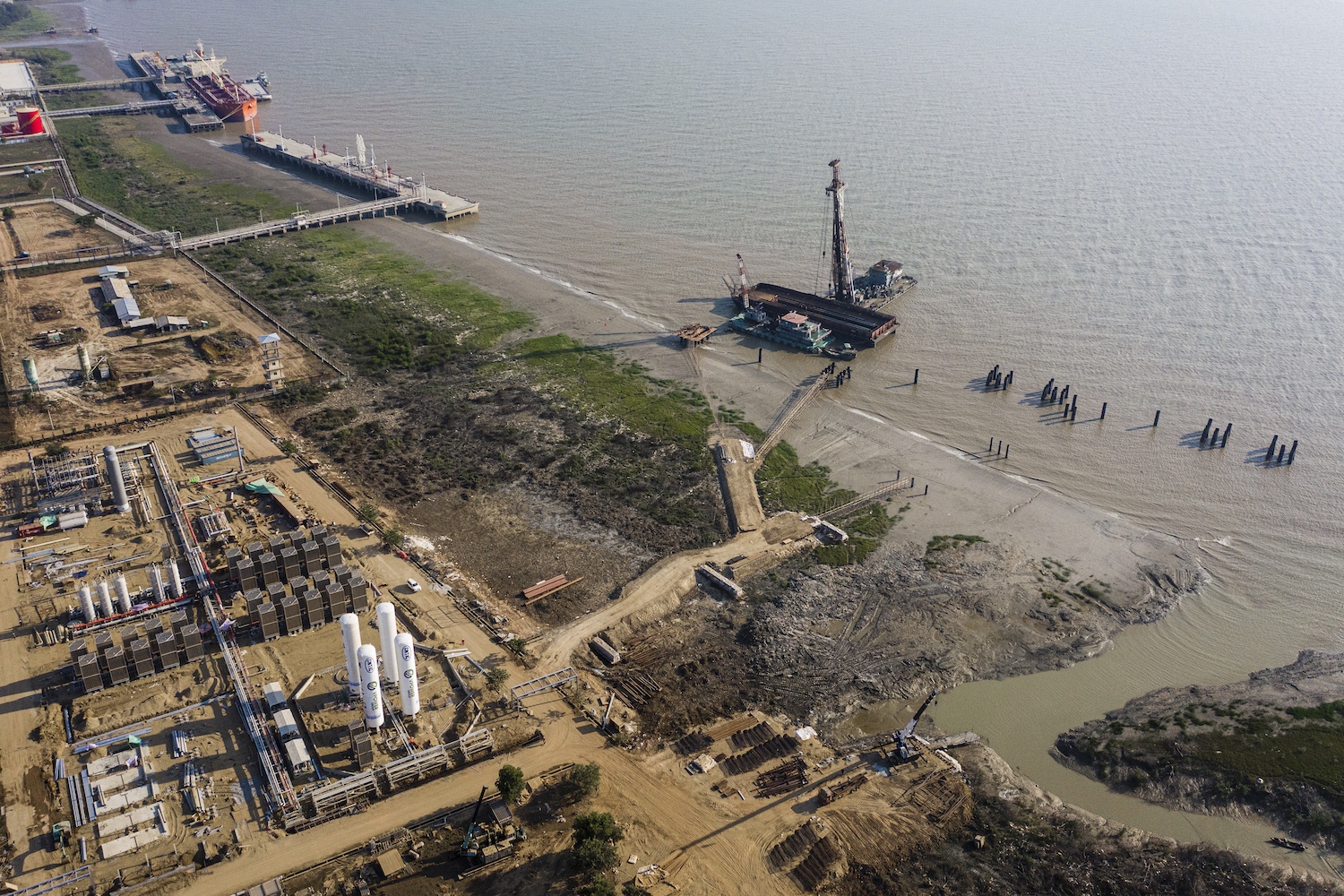There are three possible reasons why money changers are obsessively fussy about US dollar bills and one of them is more plausible than the others.
By JOSHUA CARROLL | FRONTIER
When I first travelled to Myanmar I spent several anxious hours fretting about the condition of my US dollar bills. I had read the horror stories on travel blogs about money changers refusing bills with even the slightest blemish or fold, and had gone to obsessive lengths to protect the crisp $100 notes in my money belt.
I cut the pages out of a hardback diary roughly the size of the greenbacks and slotted them inside. Then I carefully wrapped this makeshift wallet in paper and kept it zipped in the belt around my waist for the 18-hour journey to Yangon from London.
On the flight I fantasised about farfetched mishaps that might damage my notes and render me destitute on arrival in my new foreign home; a stewardess spilling drinks on me, a bulky passenger tripping and landing elbow-first on my stomach, crushing the hardback diary cover and smushing all my Benjamin Franklins in one fell swoop.
The money changers in Yangon, I soon discovered, were as obsessive as me about their dollars. “You could even smell that the note was newly printed,” said Farsh Kanji, a Canadian tourist, as he vented recently about having an apparently pristine $100 bill refused. “It’s insane.”
Support more independent journalism like this. Sign up to be a Frontier member.
The reason for this infuriating quirk in Myanmar’s financial sector is shrouded in mystery. “It’s the rule, we don’t know why, you’ll have to ask our head office,” said a cashier at a foreign exchange counter in Yangon.
Even the country’s politicians don’t seem to know. Bemused former MP U Aung Kyaing raised the question in parliament in 2014, only to be fobbed off by the deputy governor of the Central Bank, who said that foreign exchange vendors had been instructed to accept old bills.
Clearly they are not listening. The preference for pristine bills remains standard practice, but why? Frontier went looking for answers and came up with three theories.
1. It’s all Singapore’s fault
“The problem is not us, don’t ask me,” said a surprisingly defensive U Than Lwin, head of operations at KBZ Bank. “This is a problem created by Singapore. I’ve said this so many times. Singapore never accepted notes that are dirty or old. So that’s the reason why we have to make this demand, because we could only send to Singapore.”
Before the United States and other countries lifted sanctions, U Than Lwin said, only Singaporean banks would buy dollars from Myanmar. They used this powerful position to exploit the isolated country by only paying lower rates for older bills, or so the explanation goes.
This theory suffers from the fact that U Than Lwin seems unable to elaborate on it. Why, for example, didn’t the Singaporean banks just pay a lower rate for all dollars, rather than making an arbitrary distinction between new and old bills?
It is, perhaps, a good way to deflect blame from irate customers trying to exchange their dollars at KBZ’s kiosks, but the bank’s stance isn’t the best explanation we’ve come across. “I don’t understand their point,” said Sean Turnell, an expert on Myanmar’s economy at Macquarie University in Sydney and an advisor to the National League for Democracy.
2. Corruption at state-owned banks
Frontier columnist Sithu Aung Myint offers an explanation that lays the blame much closer to home. Officials at state-owned banks, he wrote for the Myanmar Times in 2014, allegedly refused to accept tarnished or old bills to encourage bribes from customers.
“They had the power to decide what kind of notes would be accepted in Myanmar,” he wrote. “Nobody could argue with them if their notes were rejected. The custom of refusing old dollars probably developed from this.”
Allegations of corruption at state-run institutions are unlikely to surprise anyone with a passing knowledge of Myanmar. Mr Turnell said he finds the theory of people using the aversion to older notes to elicit bribes “very plausible”.
“However,” he added, “it still leaves the aversion in the first place, and hence the willingness to pay and charge such a bribe. So I think something more foundational is going on too.” This theory, he said, could complement another explanation, which draws on human psychology and the philosophical nature of money.
3. The dollar as a store of value
Myanmar’s deeply dysfunctional financial system has eroded trust to the point where people consider strong foreign currencies, such as the greenback, to be a store of value, rather than a medium of exchange.
The country saw two major devaluations of the kyat in the 1980s, when General Ne Win pulled various denominations out of circulation, and a run on banks in 2003. Add to that the fact that the market value of the kyat has been historically unstable, and it’s easy to see why no one wants to store their wealth in the national currency.
The answer is to buy the world’s reserve currency, the US dollar. It might not necessarily be rational, Mr Turnell said, but people buying foreign currencies for this reason “look to the physical currency itself as somehow bestowing value”.
Many people with spare money in Myanmar buy gold jewellery, which they can pawn or sell when they need cash again. It’s easy to see how a tarnished bracelet might fetch a lower price, and the same psychology seems to apply to dollar bills.
“The US notes represent the financial and political power of the US – but they are also iconic objects themselves,” said Mr Turnell.
Is there any hope the legions of tourists who visit Myanmar in the coming years might be spared this ordeal at the exchange counter? “It has got slightly better,” said Mr Turnell.
“My personal experience is that the more ‘globalised’ and up-market an establishment is, the more likely it is that US dollars will be accepted in any condition.”
But, he added: “It is all very random and unreliable. I tried to exchange a folded $100 US bill only two weeks ago at a money exchange office at the airport … and the note was refused, [albeit] very politely and apologetically. Such grace was not so apparent in the past.”







